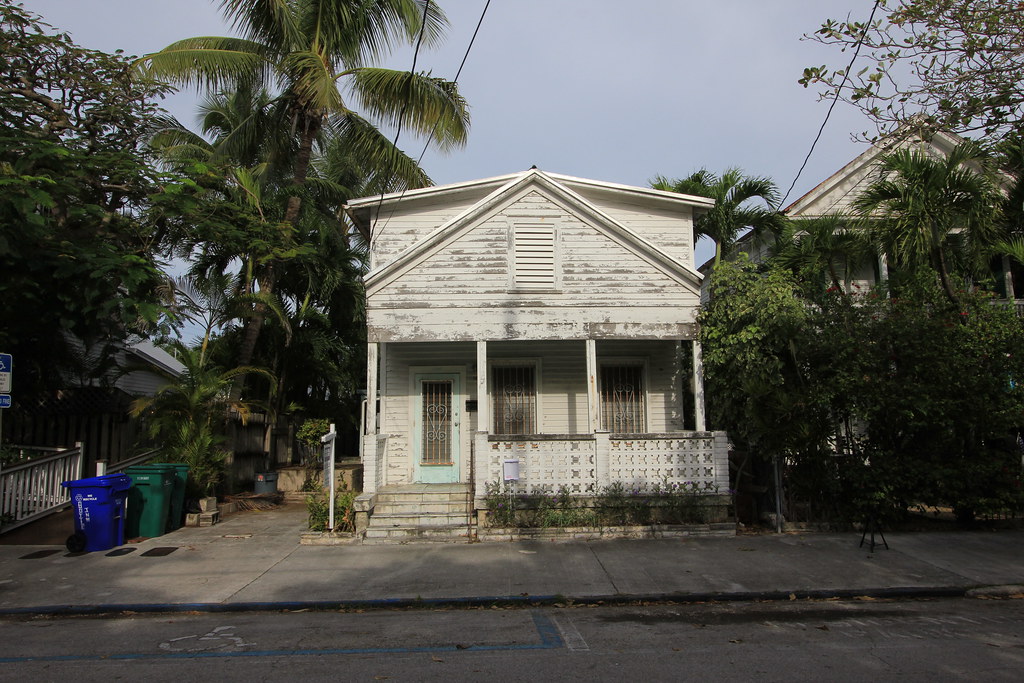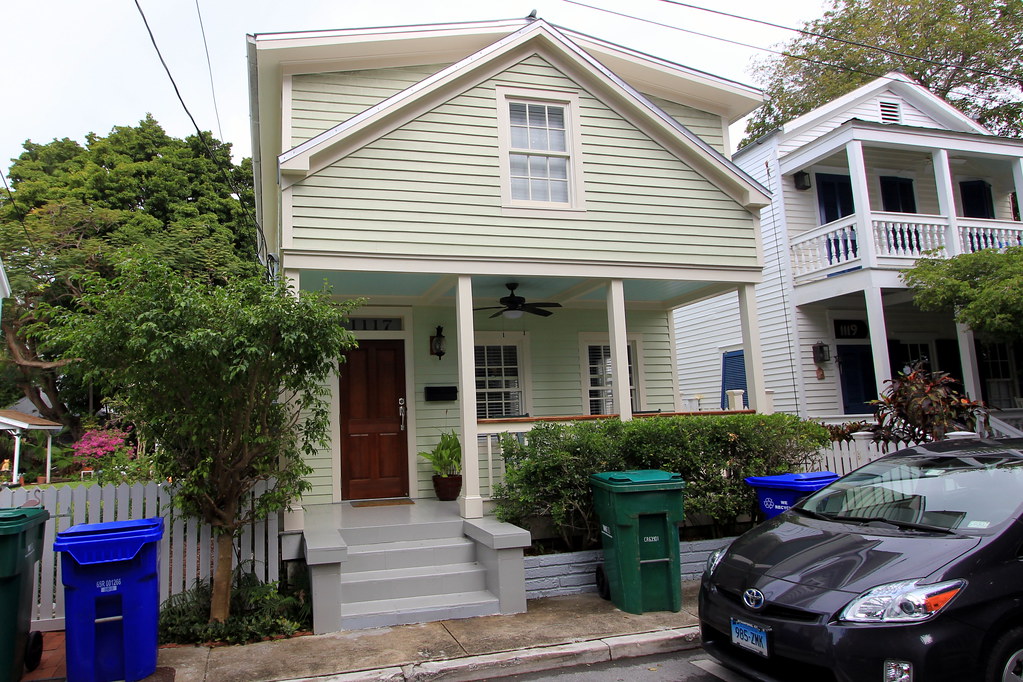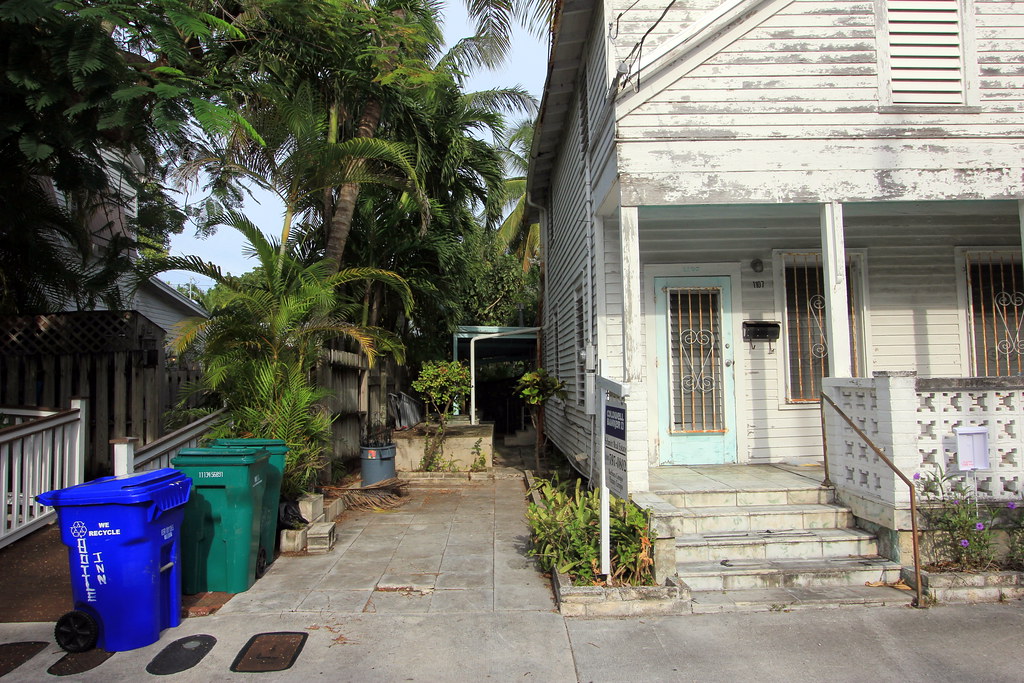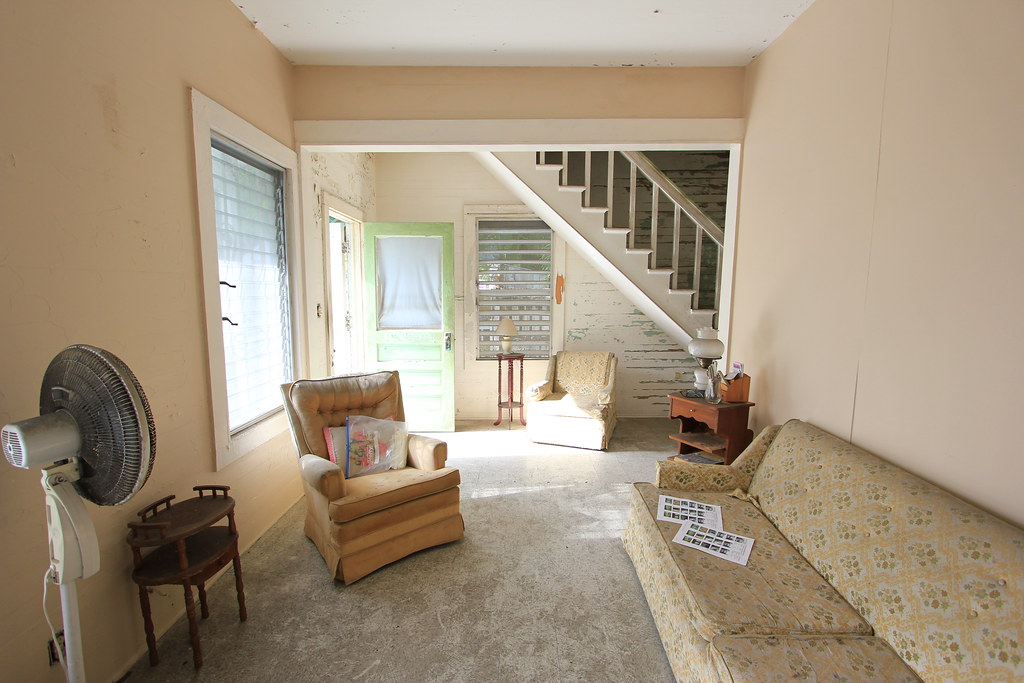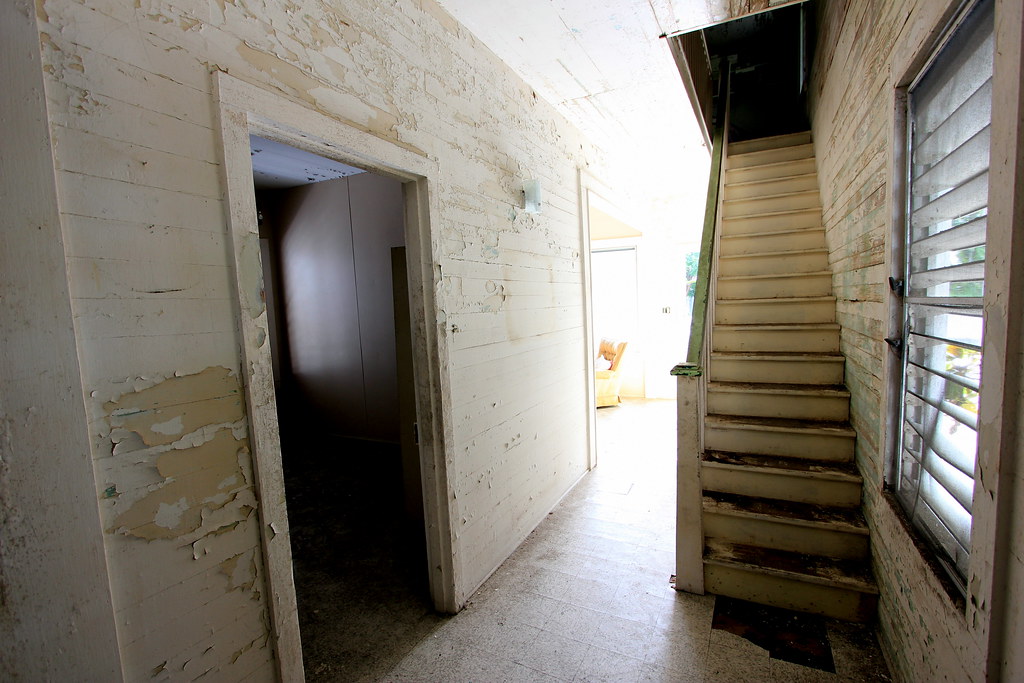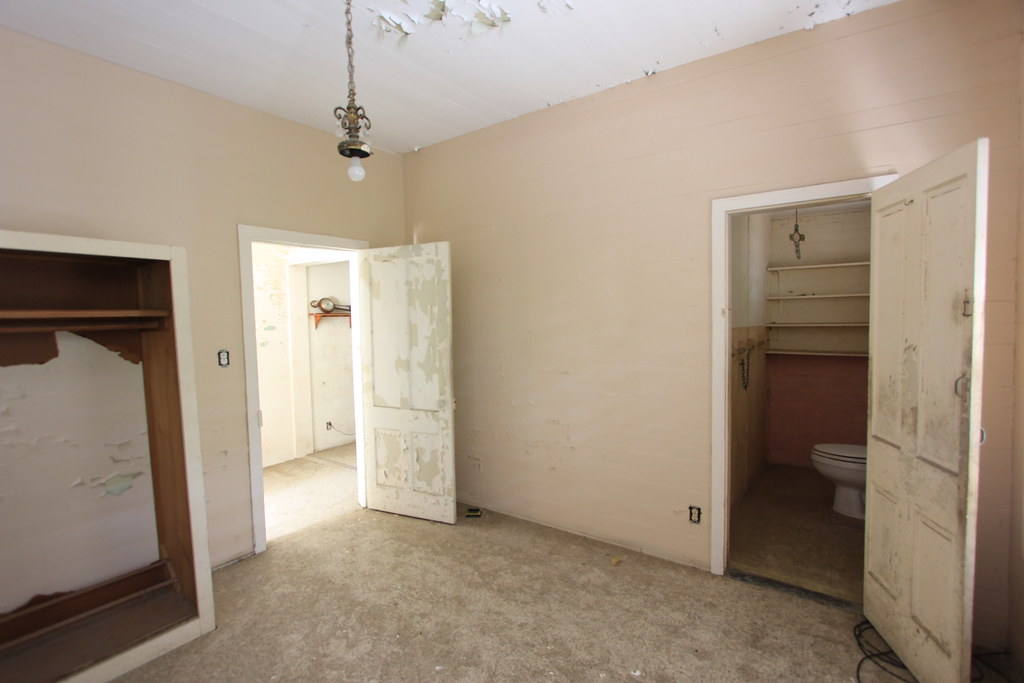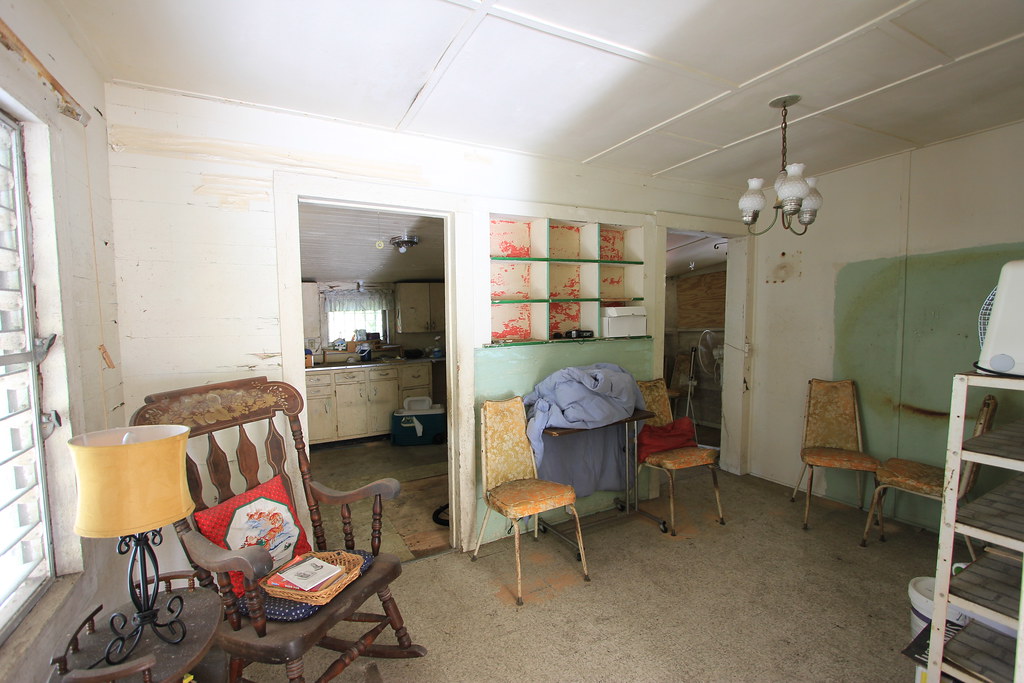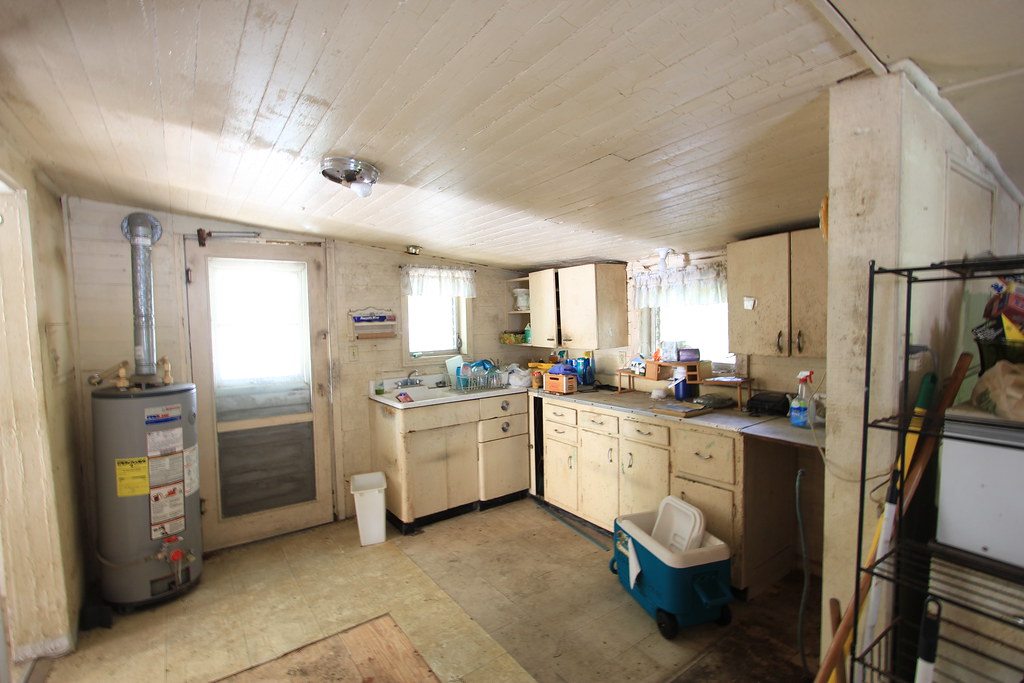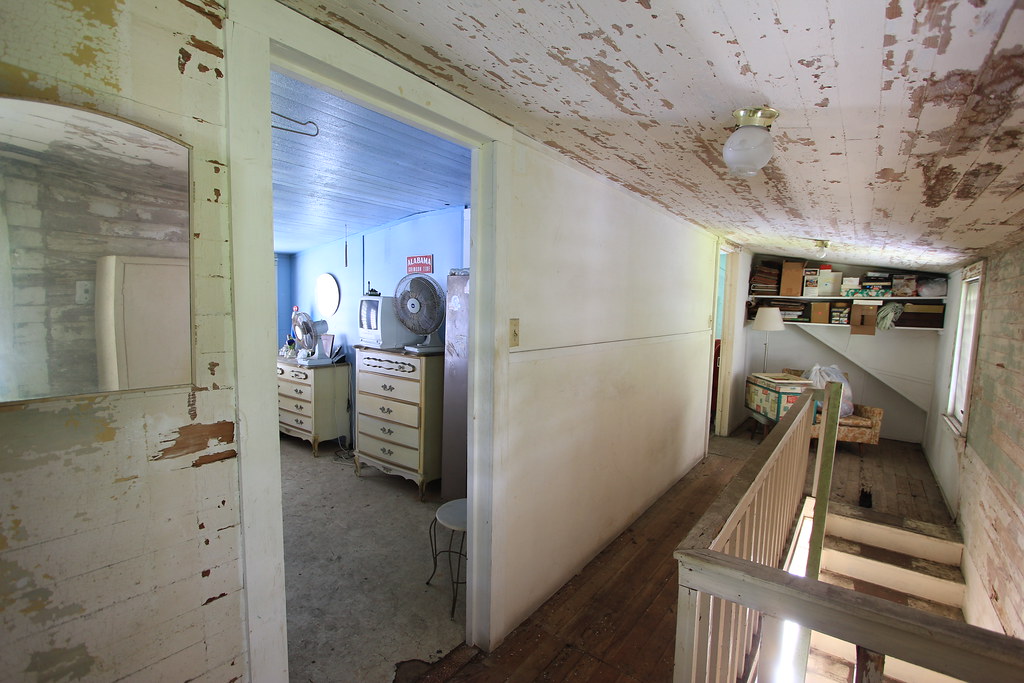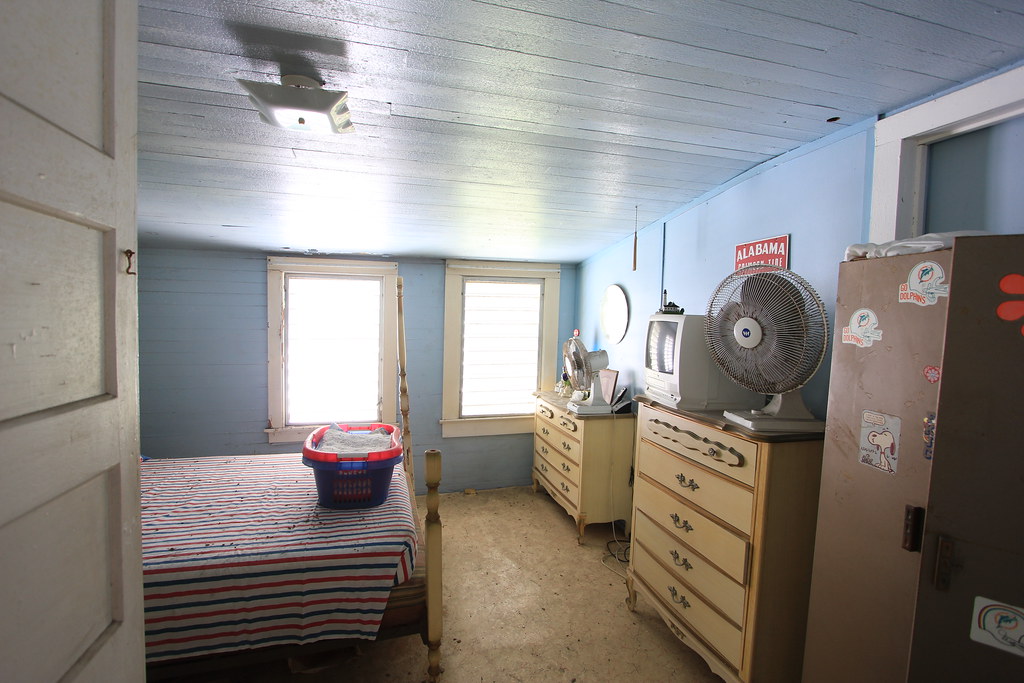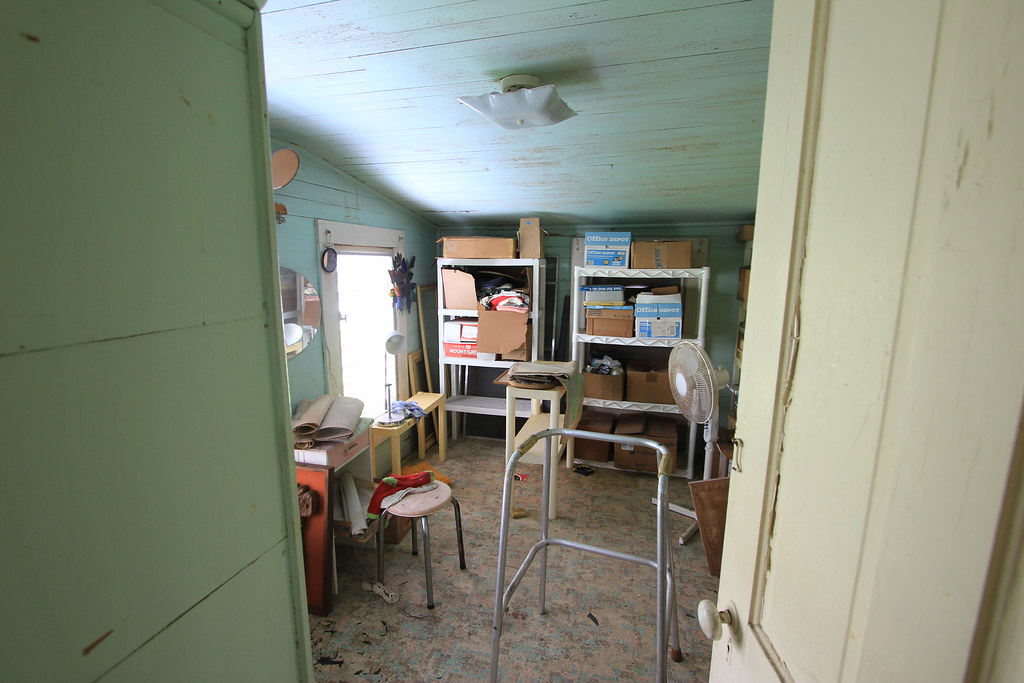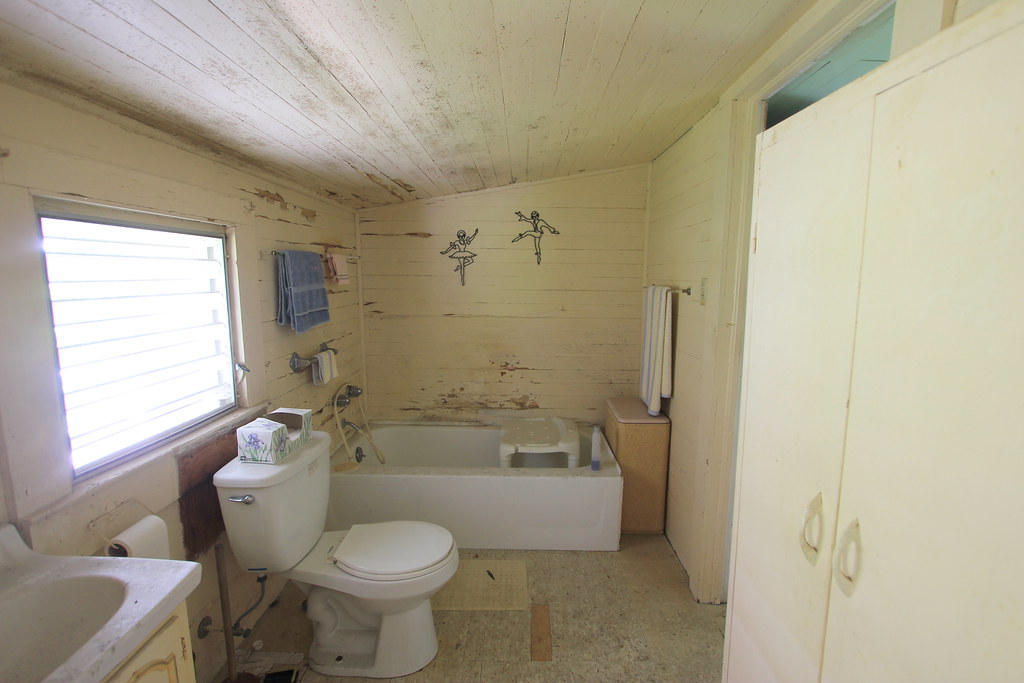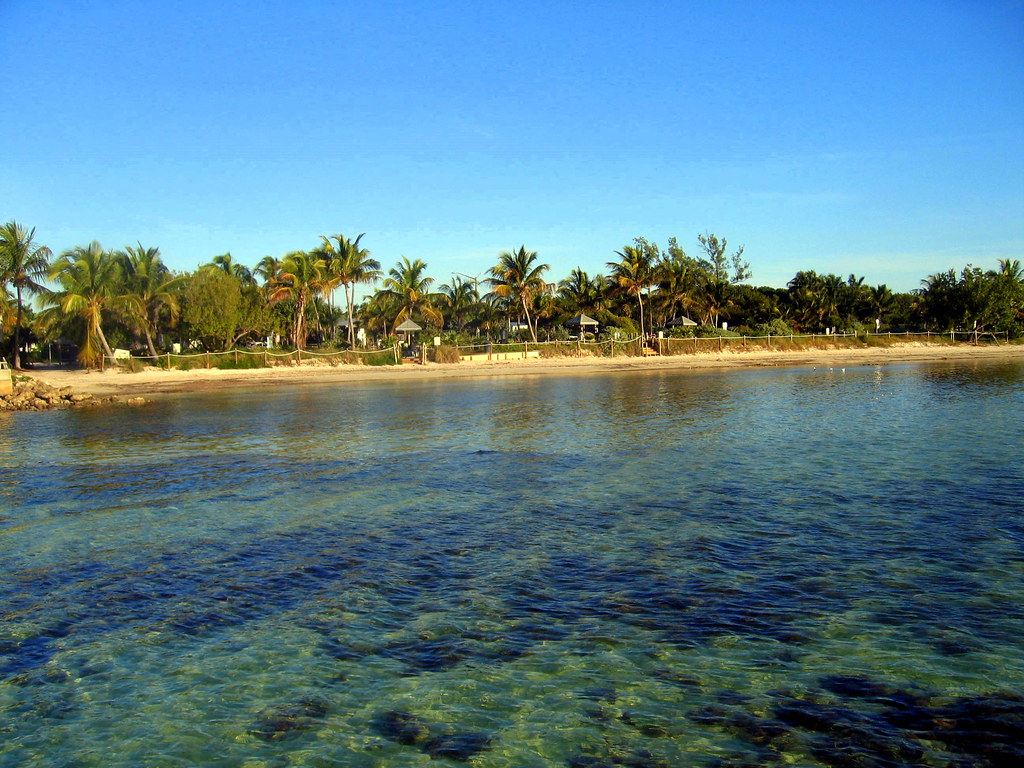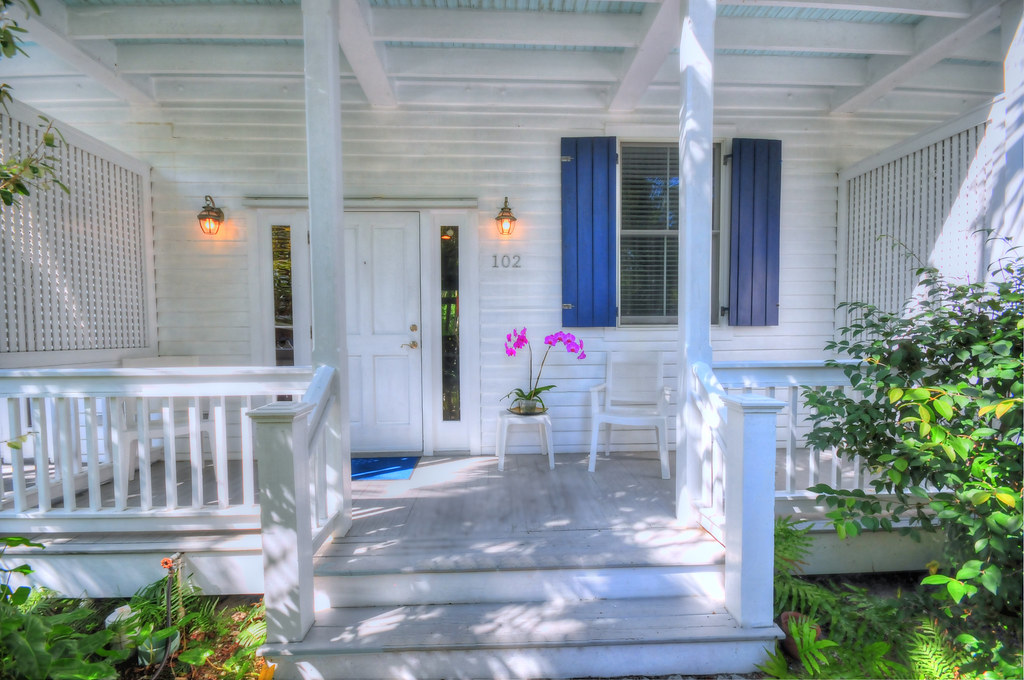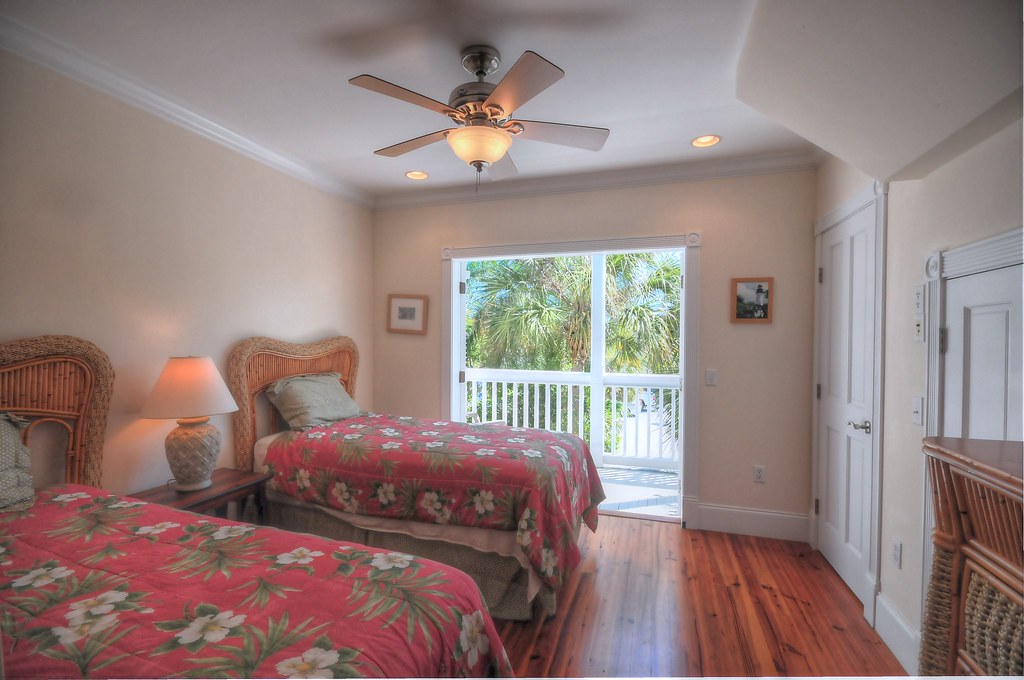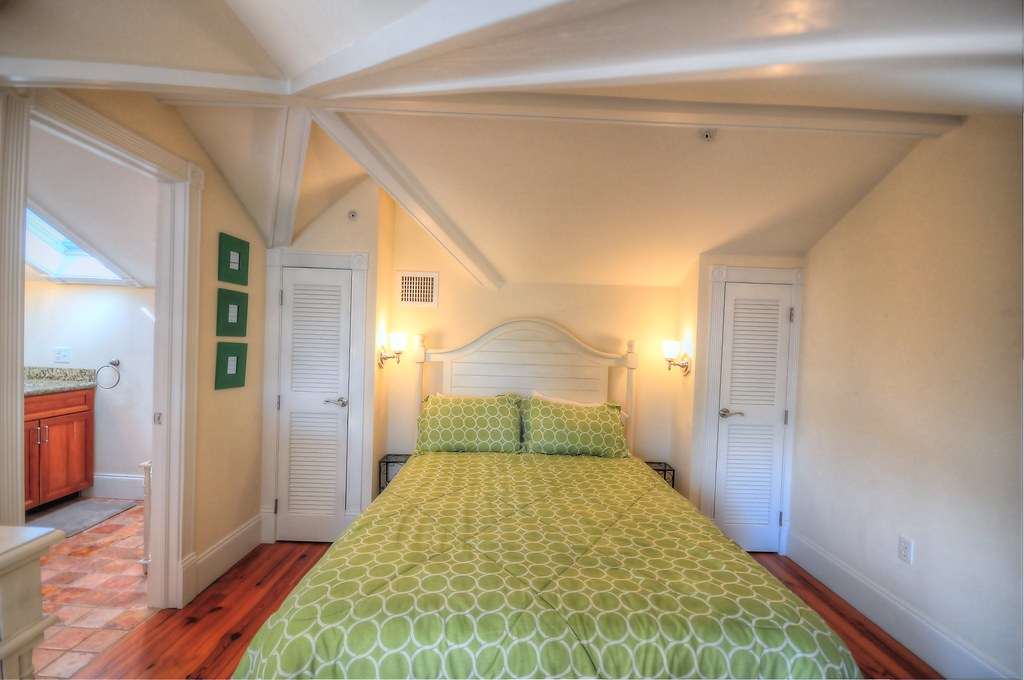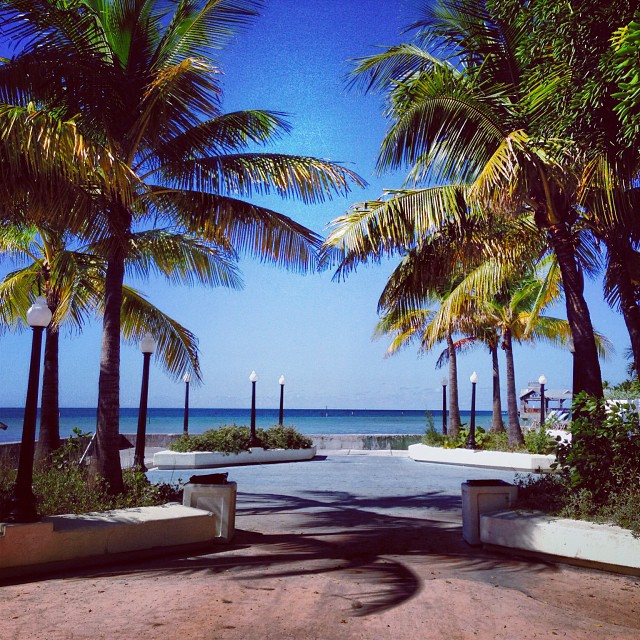
Dill Harris and Jem Finch eyeing the scary house of Mr. Boo Radley in
To Kill a Mockingbird
It was fifty-four years ago that
To Kill a Mockingbird
hit the silver screens across America and later the world. I had read
the book by Harper Lee in my high school college prep English class so I knew the
story line. Watching the funny and terribly sad episodes unfold, the
characters came to life. I was fifteen that year. A pipsqueak. I had
lived a sheltered life in Wheat Ridge and later Lakewood, Colorado - lily white suburbs just
west of Denver where the Great Plains meet the Colorado Rockies.
There
were no Negros in my school and none anywhere near where I lived.
There were no Mexicans either. A neighbor boy my same age lived in the next block. He was Catholic and
went to Holy Family School about a mile away from where we lived. I didn't understand why he went to a special school. My
sister, who was seventeen years older than I, married a Catholic. He in turn was ten years older than my sister. He lost a lung during World War II. My dad stayed at home. My mother refused
to go to my sister's wedding. My grandmother, who I loved deeply, said all
Catholics were sinners and would go to hell. My grandmother
told me that I was a sinner as well. I remember questioning her
statement because even at the age of five or six, I reasoned that while I
might have lied or done some little things that were 'wrong', I
certainly was not a sinner. And then I question her about Joe, my
sister's new husband. I distinctly remember asking her if she liked Joe.
Yes, she admitted. I asked her if Joe was a good man. Yes, she said.
Then I asked her why God would make Joe go to hell. She said it was
because he was a Catholic and a sinner. Her logic. Not mine.
I
heard my mother say some terrible things about Negros. Utterances so
horrible I won't tell them to living persons and which I refuse to
commit to the Internet. She was my sweet grandmother's daughter - the
product of prejudice and bigotry. Maybe I was adopted as my brother had
said. That must be it.
We had a Christmas play at my
elementary school when I was probably in the third grade. Children from each grade in my school were supposed to be orphans awaiting the arrival of
Santa Claus. My character was a negro boy. My teacher rubbed burned cork
on my freckled face and tiny hands to make me look like a Negro boy. She
coached me on how to speak my two lines in a Negro dialect. I remember
the audience guffawing when I spoke my lines - a Negro in Wheat Ridge, Colorado. Fat chance of that ever happening.

Holland House Cafe - Golden Colorado
In 1960 my mother and I went to see
Psycho
at the old Golden Theater in Golden, Colorado, the place where Coors
beer is made. We went to the Holland House cafe to eat dinner before the movie. I remember my
mother not wanting to eat her food because the cook was a Negro. I remember looking at my food with skepticism and wondering a bit whether some of what she said was true. But I ate
anyway. Then we saw the movie. That was something to really fear.
During
the summer of 1963 I got to go on the best vacation of my life: a
summer trip to Europe with seventeen other kids from my school district
and two chaperons. We did the grand tour for six weeks. There were many
memorable stops and events. I got drunk for the very first time at the
Moulin Rouge in Paris where I saw a couple of nearly naked women except
for pasties and a G-string. We ran wild in the rainy streets of Salzburg, and we swam
in the Mediterranean west of Rome. But it was in Berlin that two events
became etched in my memory card.

Kennedy motorcade in Berlin 1963
On
June 26th 1963 three other kids and I left our group to see if we could
get a glimpse of President John F. Kennedy. He spoke at two different
locations on his famous trip to Berlin. He gave his "Ich bin ein
Berliner" speech at the
Schöneberg Rathaus (City Hall)
in Berlin. We went to the other location - the Free University of
Berlin. We got to our location quite early so that we could get
get a good view of the Presidential
motorcade. We stood in the hot sun for what seemed like an eternity.
The longer we waited, the more people arrived. By the time the motorcade
arrived the sidewalks were crowded with Germans. As he approached the
crowds roared with applause. The limousine got near and I raised my
camera above the assholes that had crowded in front of me to snap a couple of photos of My President. I as so excited to see him that I took four
very blurry photos. But more than the photos I remember the adulation
the German people had for Our President. So many of the people who
lined that section had brought American flags. And they screamed in
delight of the man who symbolized America. It was a feeling I will
never forget. Equally amazing was the reaction of my often bunk-mate,
Bill Phillips. He was a waspish little Republican if there ever was one.
We lived only a few blocks apart back in Lakewood, Colorado. He, like me, was Irish and freckled,
and as I later found out, gay. Only his family was Republican and against
anything Democrat. How surprised I was to see Bill scream and yell for
Kennedy. Bill is retired now and lives in the California with his partner
of over 36 years. We exchange Christmas cards each year. I wonder if he is still a Republican.
One day our group took a bus ride into East Berlin which then was locked behind the Berlin Wall. As we drove around we saw buildings that had been bombed into rubble maybe twenty years
earlier during World War II. There were blocks upon blocks of
rubble. I remember the sky being so clear blue and the landscape being so blah and devoid of
color. It was like a movie. Only it was real. I felt so sorry for the East Germans being trapped there. Unable to leave that horrid place.
I think it was the same
night we went to a movie theater on the Kurfürstendamm. We watched
To Kill a Mockingbird
which had been dubbed into German. No matter what language you heard, the
story was so easy to understand. The imagery as I said before is etched
into my memory. The images of 1930s south. Of poverty and of privilege.
Of Scout and Jem and Boo Radley. Of Atticus Finch defending an innocent
Negro accused of violating a white girl. Of intolerance and
prejudice. Of a lynch mob.

My
exposure to non-whites was very limited. I am thankful that my high
school college prep and civil studies teachers opened my eyes and my
heart to accepting a wider universe than my parents or grandparents were
willing to accept.
I am glad I voted with my feet and
left the big city of Denver (big to me, at least). I moved to a place
where One Human Family is the motto. There is no place like home,
especially if home
is Key West.
Harper Lee, the author of To Kill a Mockingbird, passed away this week. She wrote one of the best if not the best books of the Twentieth Century. The racial intolerance about which she wrote was not isolated to the South nor to the first half of the last century. It lives on strong all over America.



